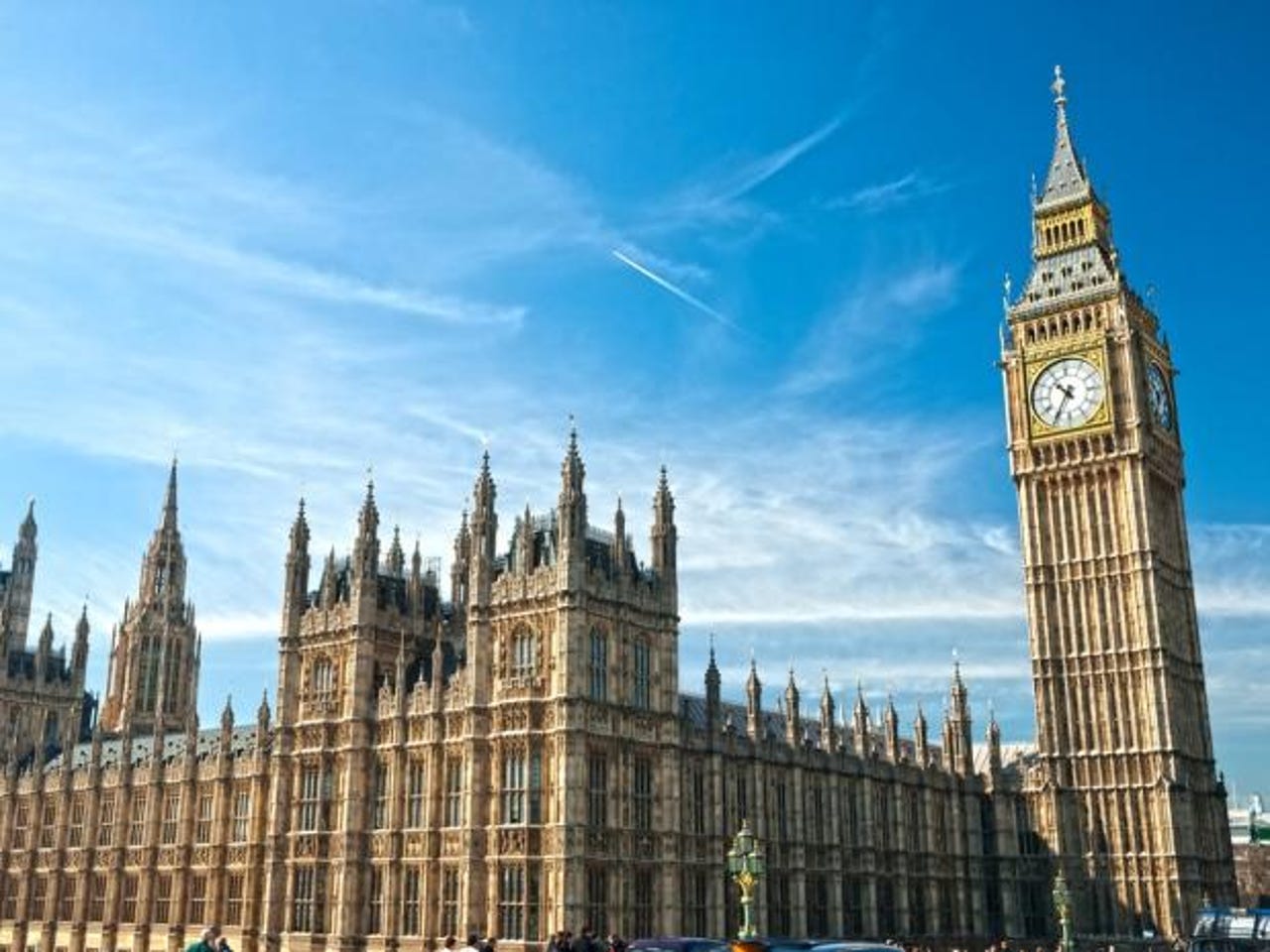First IT deal to break Whitehall's own £100m barrier coming soon

Earlier this year, the Cabinet Office effectively put an end to government IT contracts costing more than £100m.
The department issued procurement guidance (PDF) in March, stating that the "presumption that individual ICT contracts or projects should be less than £100m lifetime cost" had become government policy. The move followed a string of high-profile IT projects that had spiralled dramatically over budget and over deadline.
Public-sector projects should now come in at under nine figures "unless a strong case can be made that doing so increases the overall cost to the taxpayer, notably increases the risk of failure or increases the security threat to the public body or government as a whole," the guidance added.

It has now emerged that the government is preparing to break its £100m threshold for the first time, in an IT contract for the newly formed Disclosure and Barring Service that is expected to be announced shortly. This is the only deal authorised to break the £100m barrier since the guidance came into force, according to a response to a Freedom of Information request received by ZDNet.
The deal is expected to come in at between £250m and £350m over up to eight years, and will cover services including BPO and application maintenance and development, according to the original tender document for the project.
The Home Office declined to clarify how the project made its "strong case" to be allowed to go over the £100m threshold, or whether it did so because a cheaper project would end up being more costly for the taxpayer in the long run, would be more likely to fail, or would pose a security risk.
"The Home Office has conducted a procurement exercise for a contract to support the modernisation of the new Disclosure and Barring Service. The contract has not yet been awarded," a spokesman for the department said.
"As with all new government contracts involving ICT, the procurement has been scrutinised and approved through established government processes."
Disclosure and Barring Service
The Disclosure and Barring Service was formed after the merger of the Criminal Records Bureau (CRB) and Independent Safeguarding Authority (ISA). It has taken on both organisations' role of helping employers find out whether particular candidates are suitable for work with vulnerable sections of society, such as children.
The contract to run the outsourced Disclosure and Barring Service was put out to tender in August 2011. The winning bidder will provide services including maintenance and development of the organisation's applications, such as its case management and workflow systems.
It will also be responsible for processing referrals for a decision to bar an individual, applications for a disclosure, workflow management, first-line customer and registration services and issuing of certificates, as well as call centre services and some payment processing.
By 2017, the service is expected to be processing between 5.6 million and 7.4 million disclosure requests.